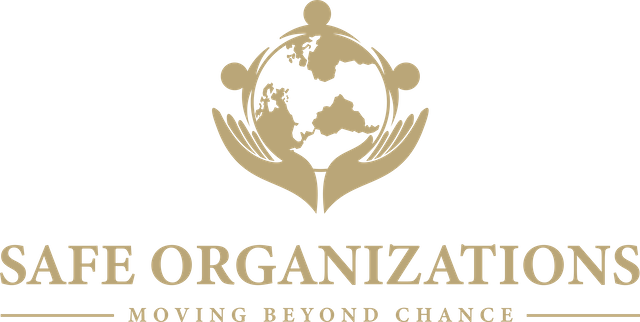The NGO Funding Paradox: Navigating Uncertainty as USAID Disappears
By Kimberley Ducimo
In recent decades, the relationship between non-governmental organizations (NGOs) and government funding has been a dynamic dance of mutual benefit. Governments, particularly through agencies like USAID, have poured billions of dollars into development work, humanitarian efforts, and global partnerships. For NGOs, this funding has been a lifeline—fueling projects that address everything from poverty alleviation to disaster response to healthcare access in some of the world’s most underserved regions.
But as the landscape shifts, so too do the tides of government investment. The recent dismantling of USAID raises profound questions about the sustainability of this funding model—and the future of NGOs that have relied on it.
The irony of government cuts to agencies like USAID is palpable. On one hand, government funding has enabled NGOs to scale their operations, build networks, and implement large-scale interventions that governments alone often cannot. This funding has allowed NGOs to amplify their impact on the global stage, transforming lives and creating opportunities for marginalized communities. Yet, on the other hand, there is a subtle, often unspoken cost to this reliance. NGOs, by tying themselves to government purse strings, have compromised a level of autonomy and have, in many cases, become part of a larger political machinery.
As USAID and similar agencies face dismantling, we are left to consider the consequences. For the NGOs that have benefited from this aid, the immediate implications are clear—programs will suffer, layoffs are inevitable, and many organizations will face tough decisions about how to survive. But for those at the helm of these organizations, and for the professionals whose careers have been deeply intertwined with government-supported projects, a new challenge looms: What now?
To those affected by the loss of funding, layoffs, or contract terminations: this moment, while undeniably difficult, also offers an opportunity for reinvention. You have honed a diverse and invaluable skill set over the years—expertise in managing complex programs, navigating bureaucratic systems, and making a tangible difference on the ground. These skills are in demand beyond the confines of government contracts.
Consider the broader ecosystem in which your work thrives. NGOs have long been the bridge between governments, local communities, and the private sector. There is a growing recognition that the solutions to global challenges lie not in one sector alone, but in collaborative, multi-sectoral approaches. Your experience working across diverse cultures, managing crises, and solving problems is not only transferable but essential in a world that increasingly values adaptability and creative thinking.
So, how can you leverage these skills? Start by reframing your work in broader terms. If you have experience in monitoring and evaluation, project management, or stakeholder engagement, those skills are just as valuable to corporations, local governments, and other global entities as they are to NGOs. The private sector, increasingly aware of the importance of sustainable business practices, is eager to partner with those who can bring a nuanced understanding of social impact. Similarly, local and regional governments need expertise in areas like public health, disaster management, and international development.
Now, let’s talk about pivoting. The world of NGOs isn’t shrinking—it’s evolving. There are new challenges to address, from climate change to the ethical use of AI, and an increasing call for transparency and accountability across all sectors. Your expertise as a policy advocate, communications strategist, or grant writer may be the key to unlocking new partnerships, new funding streams, and new opportunities to innovate.
Yes, it will take time to navigate these transitions, and the road ahead may feel uncertain. But you’ve already demonstrated the resilience, commitment, and creativity that this work demands. The future is not solely determined by the presence or absence of government funds. You have the power to chart your own path, and in doing so, you can help forge a new model for how the nonprofit and development sector operates—one that is less reliant on fluctuating government budgets and more resilient in the face of uncertainty.
To those who feel the sting of change, remember this: you are not alone. And the work you have done, the work you continue to do, matters. It matters not just in the context of funding and contracts but in the hearts and lives of those you’ve served and empowered. The world needs your vision, your skills, and your commitment more than ever.
Take this moment, however challenging, as an invitation to think bigger, think broader, and think about the long-term impact of the work you’re capable of doing. The world is full of problems, yes—but it is also full of solutions, and the people with the creativity and drive to make those solutions a reality are those who have already shown they can do the hard work, no matter what. You’ve got this. The next chapter is waiting for you.
